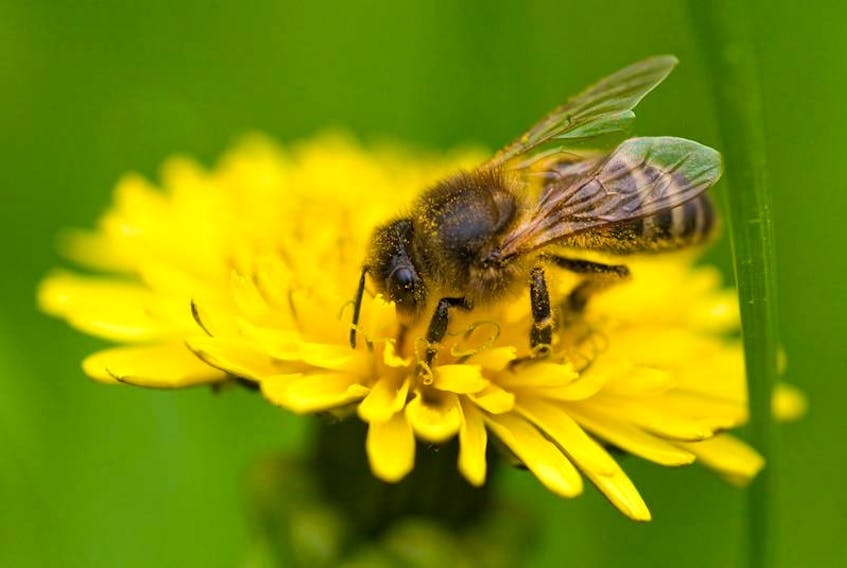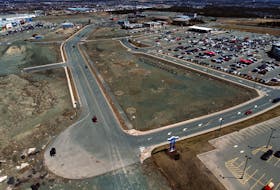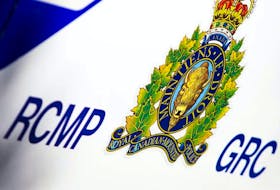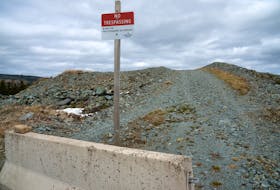Newfoundland and Labrador is one of the last places in the world that does not have the Varroa mite (Varroa destructor), known to decimate honeybee populations, and the provincial government says it wants to keep it that way.
On Tuesday in the House of Assembly, legislation was introduced to enable mandatory registration and inspection of all beekeeping operations with an aim to keeping the honey bee population in the province parasite-free.
“By maintaining vigilance and good animal husbandry practices, beekeepers in Newfoundland and Labrador have been successfully keeping the Varroa mite from our shores,” said Fisheries and Land Resources Gerry Byrne in a news release labelled ‘Stay Sweet NL.’
“This proposed change in legislation allows us to take decisive action to better protect our valued parasite-free honey bee health status and develop our growing apiculture sector.”
Varroa mites also transmit viruses and other pathogens that further weaken or ultimately kill entire bee colonies. In addition to Varroa, honey bee colonies here are free of other invasive pests such as the small hive beetle, honeybee tracheal mite and greater wax moth.

The release noted this pest and disease-free status is an important selling point for Newfoundland and Labrador-based bee products. And by assisting with the pollination of plants, bees play an essential role in both the natural environment and agriculture in general.
Tuesday also saw the announcement of $300,000 in government money for training and supports for the beekeeping industry, in partnership with the Newfoundland and Labrador Beekeeping Association (NLBKA), which is said to be in full support of mandatory registration and inspections of beekeeping operations.
There are about 130 beekeepers in the province, responsible for between 800 and 900 bee colonies.









